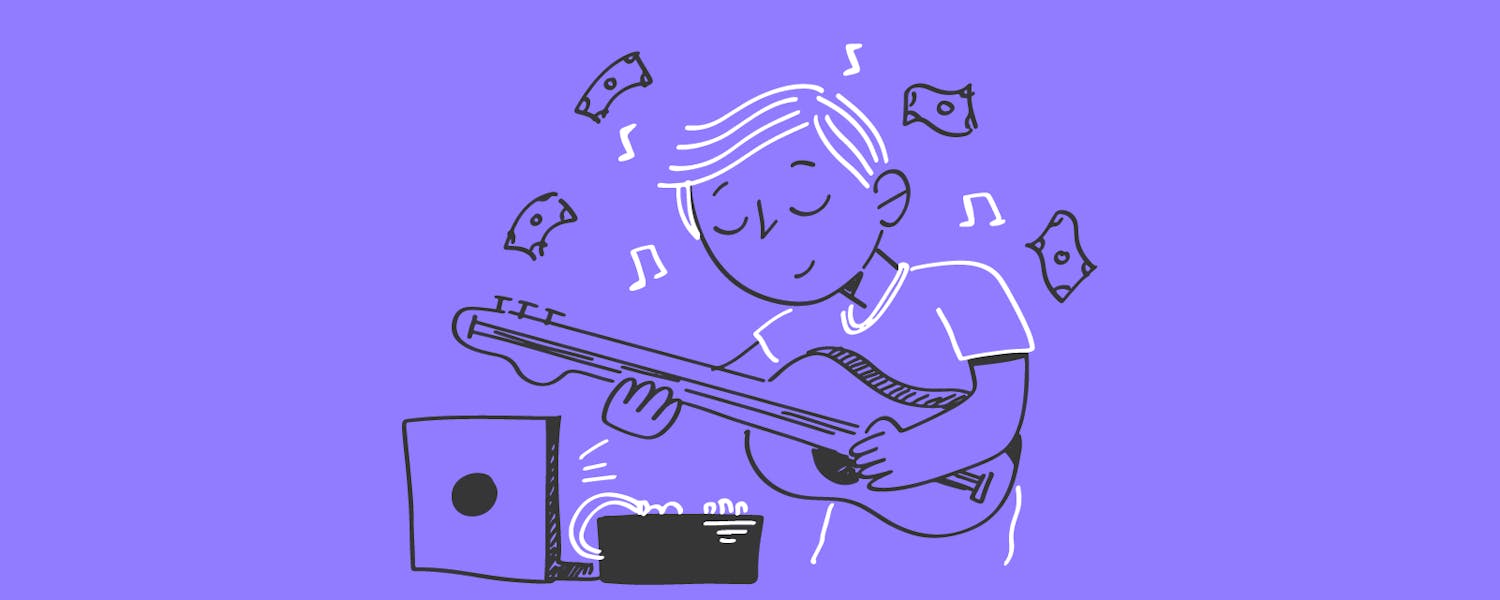The psychology behind money & your mental health
Oh, money. How many times has it made us laugh and cry?
Laugh when payday arrives.
Cry when it runs out.
But why is money so controversial? Why is it a problem for many of us? Why do many of us have such a troubled relationship with money? Let’s explore some of the reasons behind these questions.
What Story Are You Telling Yourself?
Envato/mohdizzuanbinroslan
Everything starts with the stories we tell ourselves in our minds. Our relationship with money is rooted in our emotions. The financial decisions we make are based on our attitude and perception of money, which in turn depend on how our family and environment have dealt with financial matters. It's essential to pay attention to this because it shapes our financial education and current economic situation.
Let’s Go Back to the Past
How do you perceive your relationship with money since you were a child?
Were there limits on spending money in your home?
Was money always a controversial topic in your family?
Were debts a recurring issue in your family?
Was money never discussed in your family?
All these emotional burdens, lessons, and experiences with money can influence your current financial decisions and lifestyle.
Envato/olgapink
For Example:
- Do you feel guilty buying new clothes?
- Do you feel you don't deserve to go on vacation and spend money on fun?
- Do you feel like you never have enough money?
- Do you think you'll never have enough money to achieve your goals?
- Do you believe you'll never be able to save or that it's too difficult?
How to change your narrative about money?
Ask yourself:
How do you feel about money before buying something?
- Do you feel calm?
- Do you feel guilty?
- Do you feel angry at myself for not enjoying your purchase?
Once you've answered these questions, it's essential to introspect and keep questioning yourself.
- Will you go poor because of this purchase?
- Are you buying to hide or heal an emotion?
- Do you need to set limits?
- Do you need to allow yourself to enjoy more?
Question yourself and draw your own conclusions.
Envato/tamaraelnova
How to avoid making emotional purchases?
Take a look of how you make your purchases and beware of the following:
- Try not to buy when you're very stressed.
- Avoid buying when you're sad.
- Try not to buy when you're hungry.
- Don't buy when you're angry.
- Don't let an emotion be the only reason behind your purchase.
Envato/dolgachov
How to develop financial emotional intelligence?
- Be more conscious and make rational purchases.
- Never stop asking questions.
- Carefully examine the origins of your beliefs about scarcity or any labels you've assigned to money.
- You decide how to perceive money; you can choose to view it positively or take a negative perspective.
- Take steps to create multiple income streams and release money with the confidence that it will come back to you.
- Talking about money with your partner should be normal, but if you need extra help, it's okay to seek therapy to address these issues, even if you don't have a partner, therapy can help you through some money problems.
The feeling of abundance and scarcity lives in your mind, not in reality.
Conclusion
Be kind to yourself. Remember, we are emotional beings and can make mistakes. Learn to be present; the past and future do not exist, only the present is certain.
With the right perspective and personal growth, over time, money matters in your life can be associated with love, pride, and freedom.





